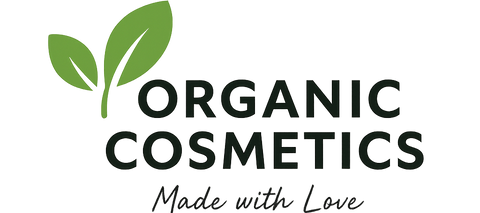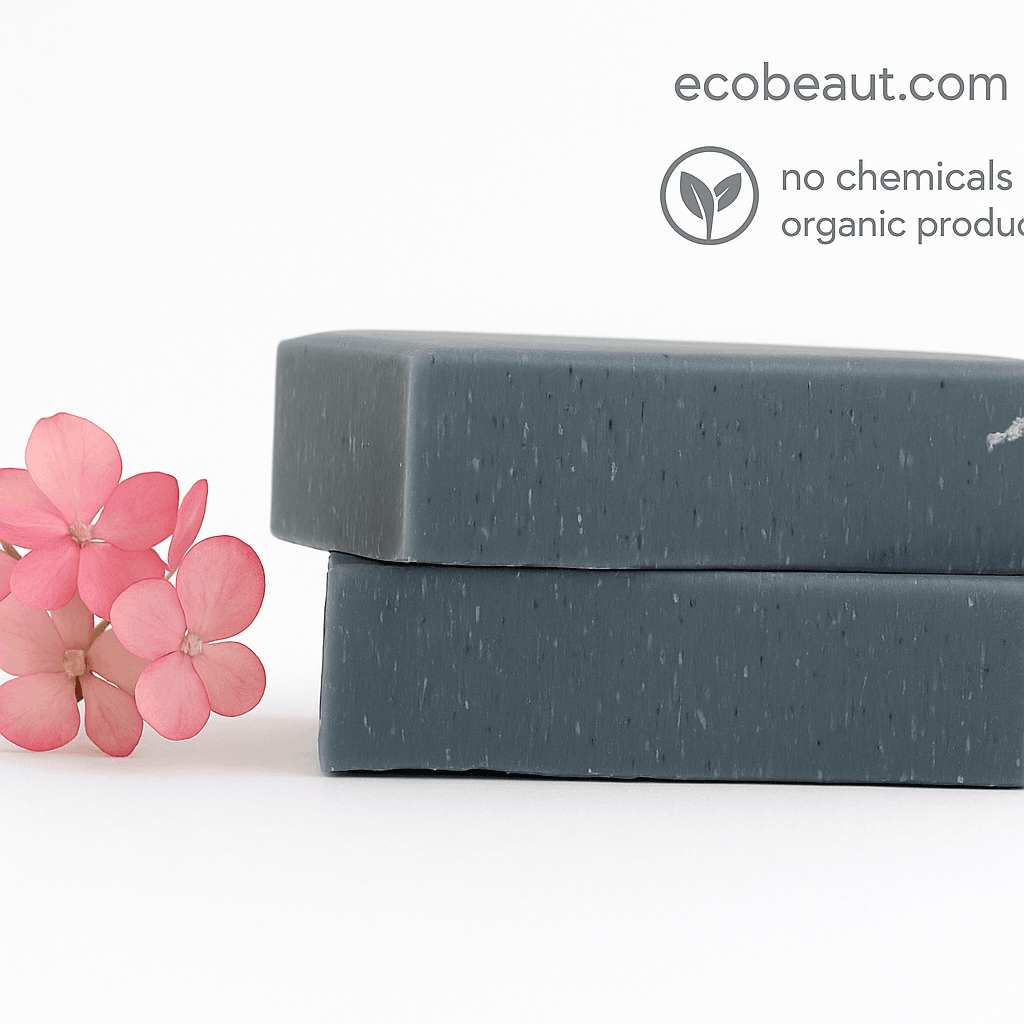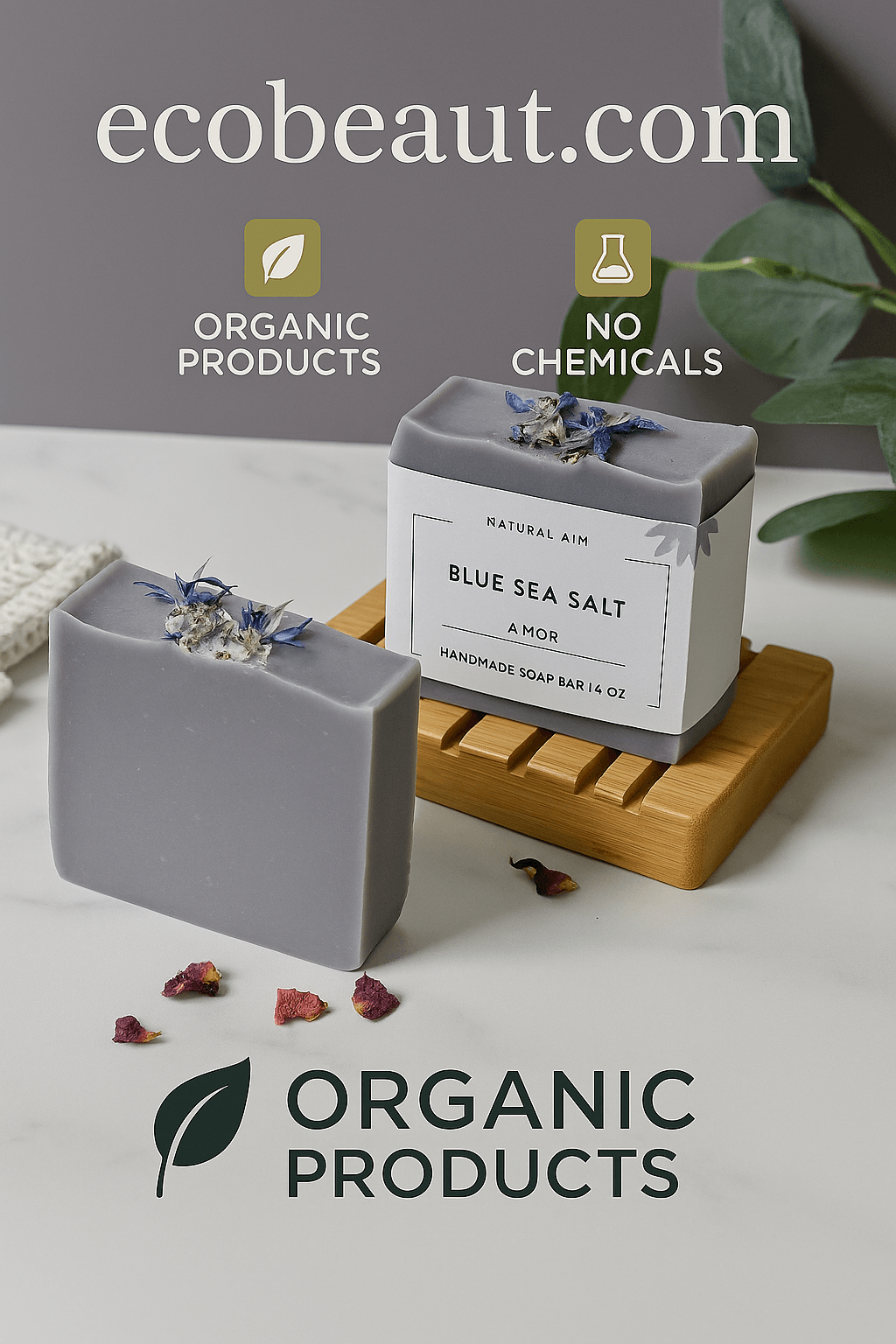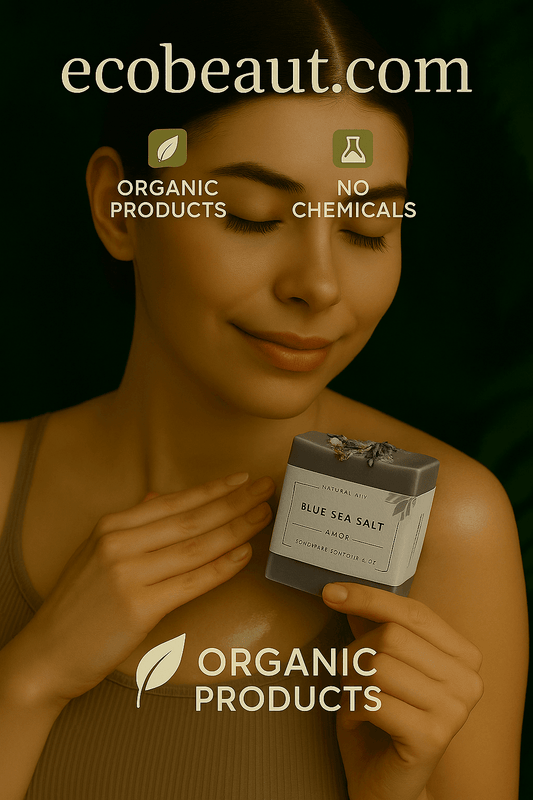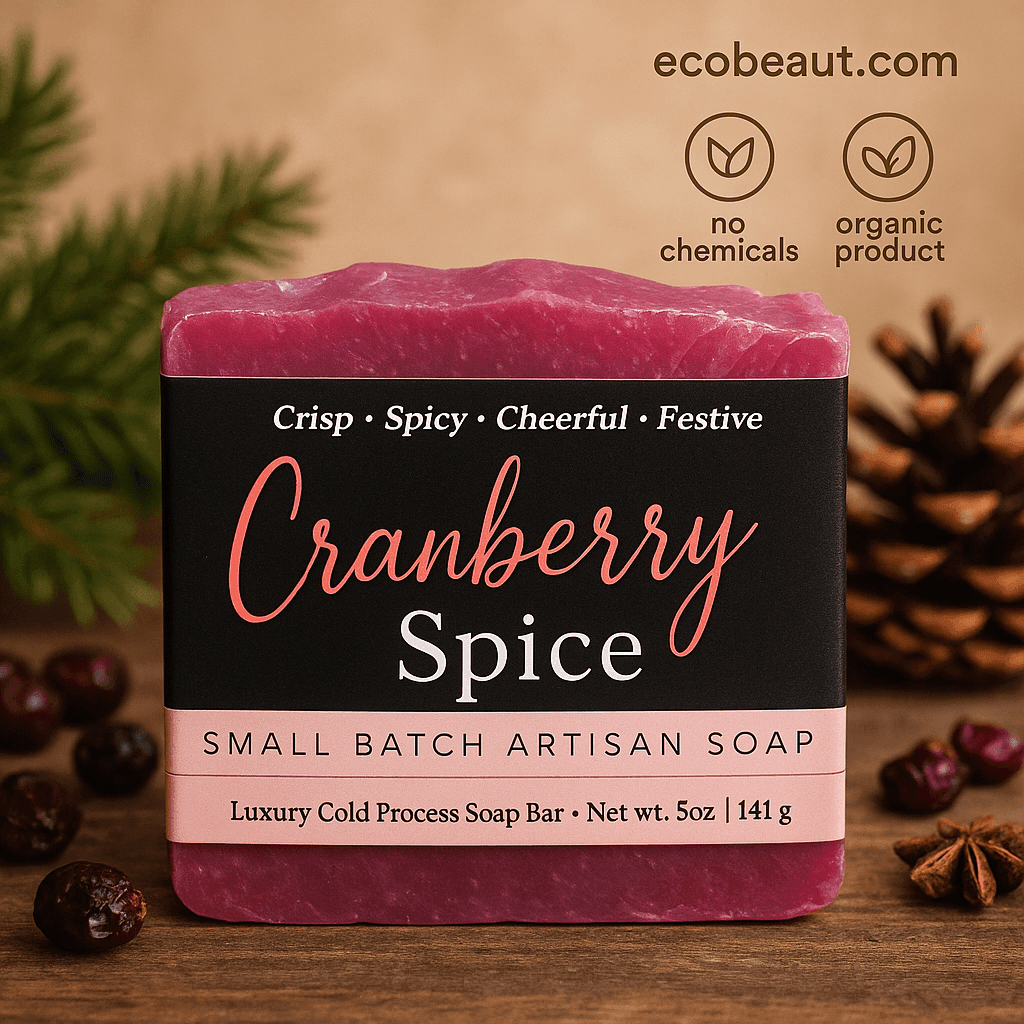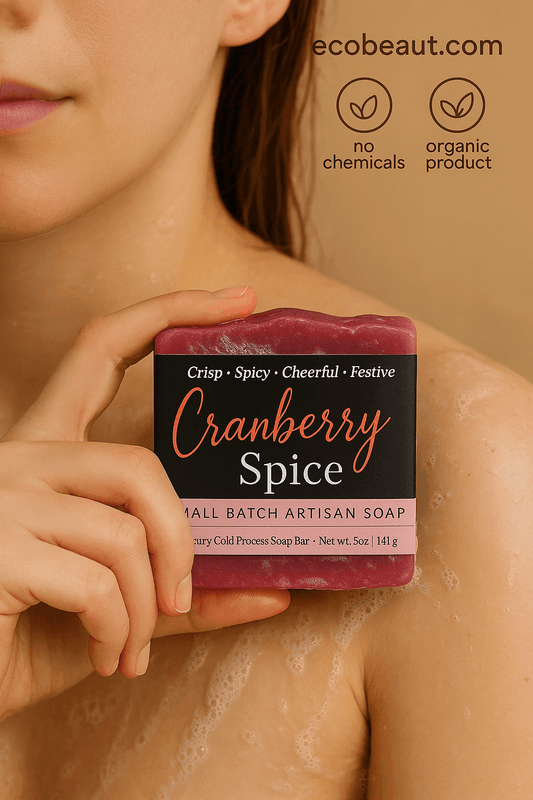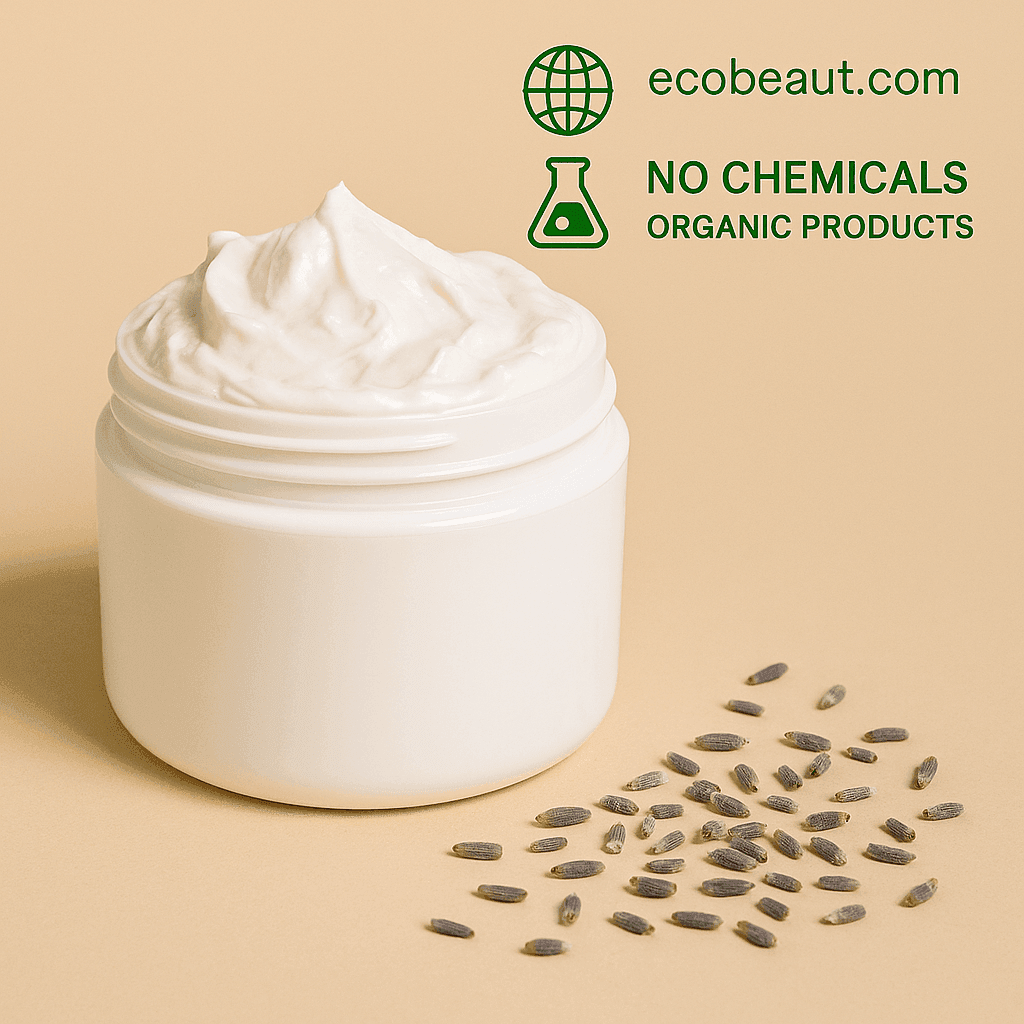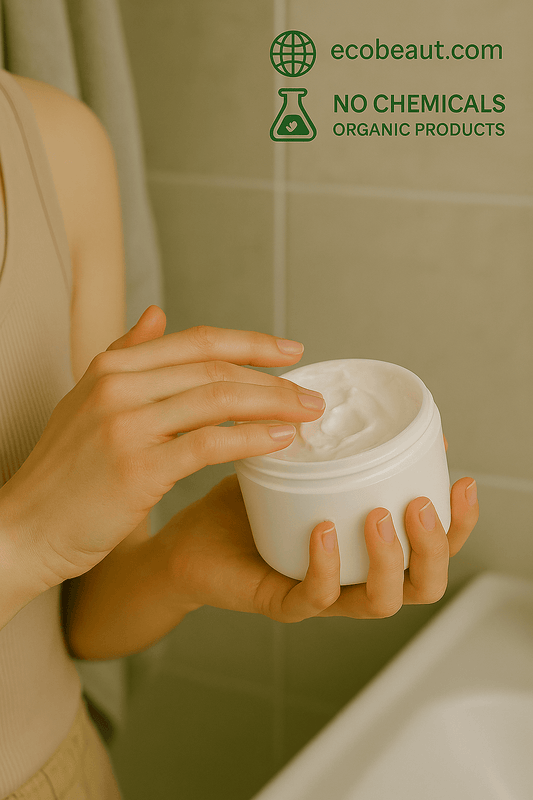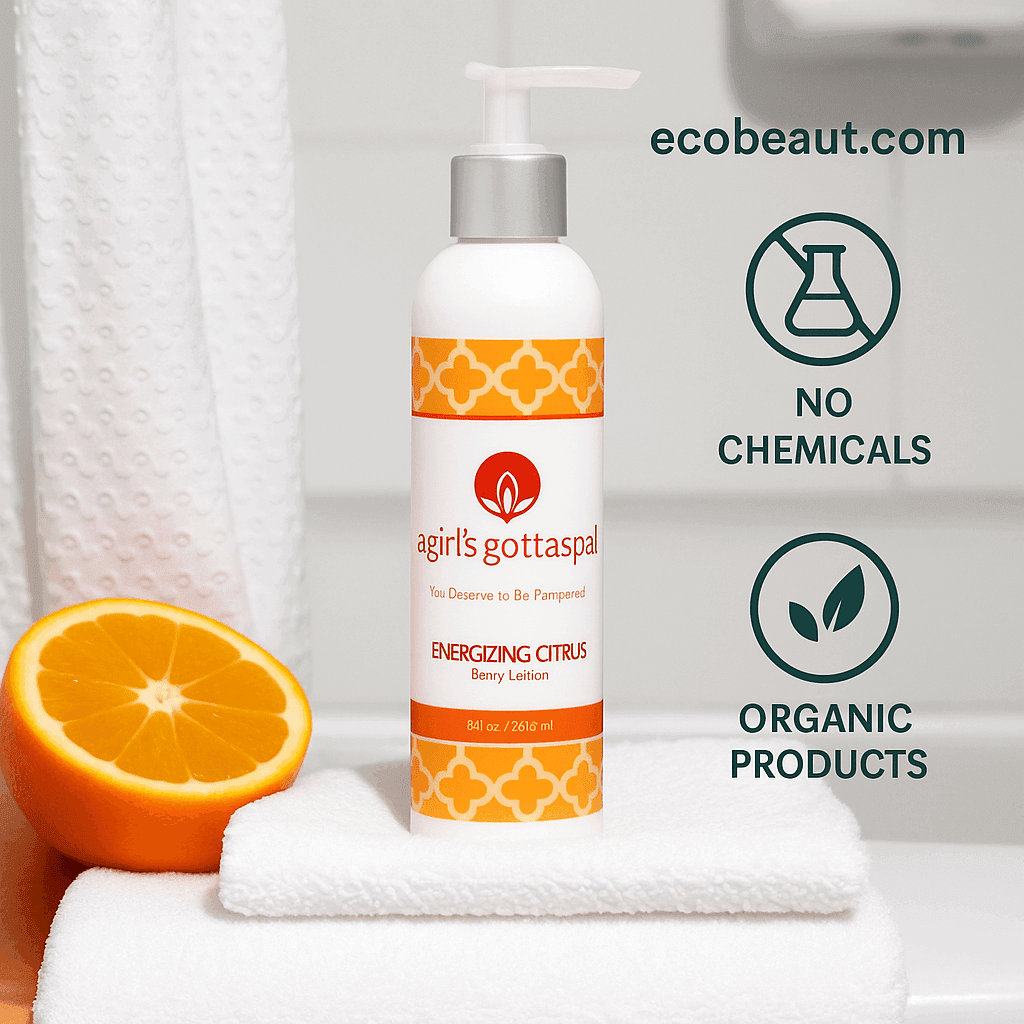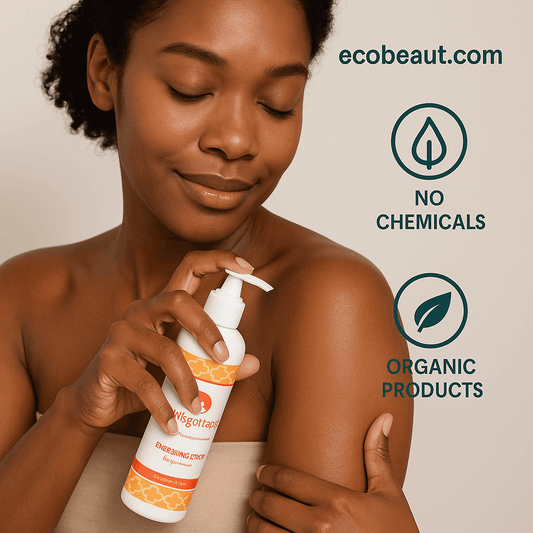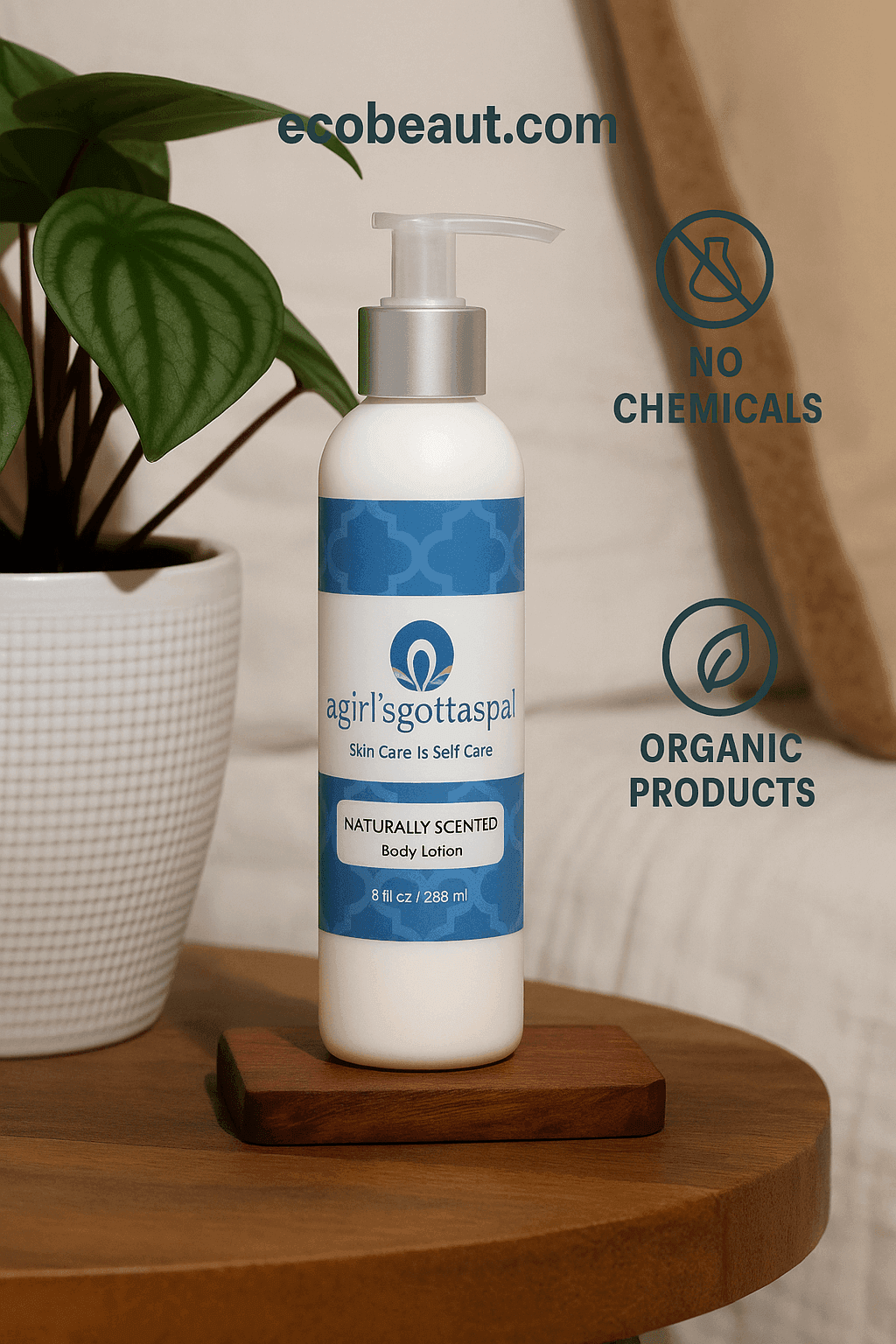In recent years, more consumers have been turning to organic toothpaste as a safer and more effective alternative to conventional toothpaste. With growing awareness about the ingredients we put into our bodies, people are now seeking natural solutions that promote oral health without the risks of synthetic chemicals.
If you’re looking to switch to a clean, eco-friendly, and effective oral care routine, organic toothpaste is the perfect choice. In this article, we’ll explore its benefits, key ingredients, and how to choose the best option for your needs.
What Is Organic Toothpaste?
Organic toothpaste is a natural oral care product made from plant-based and mineral-rich ingredients, free from synthetic additives like fluoride, parabens, sulfates, and artificial sweeteners. Unlike conventional toothpaste, which may contain harsh chemicals, organic toothpaste focuses on holistic, non-toxic dental care that supports gum health, strengthens enamel, and freshens breath naturally.
Key Features of Organic Toothpaste:
✔ Fluoride-Free Options: Many organic toothpastes use natural remineralizing agents instead of fluoride.
✔ No Artificial Flavors or Colors: Uses essential oils and plant extracts for a refreshing taste.
✔ Cruelty-Free & Vegan: Most organic brands avoid animal testing and animal-derived ingredients.
✔ Eco-Friendly Packaging: Many come in biodegradable or recyclable packaging, reducing environmental impact.
Why Choose Organic Toothpaste?
Switching to organic toothpaste is about more than just oral hygiene—it’s a commitment to your health and the environment. Here’s why it’s worth considering:
1. Avoids Harmful Chemicals
Many conventional toothpastes contain sodium lauryl sulfate (SLS), triclosan, and artificial sweeteners, which can contribute to gum irritation and long-term health concerns. Organic toothpaste eliminates these risks, using only natural and non-toxic alternatives.
2. Strengthens Enamel Naturally
Some organic toothpastes contain hydroxyapatite, a natural alternative to fluoride, which helps remineralize tooth enamel and prevent cavities. Other minerals, like calcium carbonate and bentonite clay, provide gentle polishing without damaging enamel.
3. Supports Healthy Gums
Herbal ingredients like tea tree oil, aloe vera, and chamomile help soothe gums, reducing inflammation and preventing gum disease.
4. Safe for the Whole Family
Since organic toothpaste avoids synthetic chemicals, it’s a great choice for children, pregnant women, and individuals with sensitive teeth.
5. Environmentally Friendly
Many organic toothpastes use sustainable sourcing and biodegradable or recyclable packaging, reducing plastic waste in landfills.
Best Ingredients in Organic Toothpaste
- Baking Soda: Gently cleans teeth and neutralizes acids that cause cavities.
- Coconut Oil: Contains natural antibacterial properties that promote gum health.
- Xylitol: A plant-based sweetener that helps reduce plaque buildup and prevent cavities.
- Activated Charcoal: Naturally whitens teeth by absorbing stains and toxins.
- Aloe Vera: Soothes gums and reduces inflammation.
- Calcium Carbonate: Provides gentle scrubbing action for clean, polished teeth.
- Essential Oils: Peppermint, cinnamon, and clove oils freshen breath naturally.
How to Choose the Right Organic Toothpaste
With so many options on the market, it’s important to find an organic toothpaste that meets your specific needs:
✔ For Whitening: Look for activated charcoal or baking soda-based formulas.
✔ For Sensitivity: Opt for hydroxyapatite or aloe vera to protect enamel and soothe gums.
✔ For Fresh Breath: Choose essential oil-infused toothpastes with peppermint or spearmint.
✔ For Kids: Pick fluoride-free, mild-flavored options with xylitol for cavity protection.
✔ For Cavity Prevention: A formula with calcium carbonate or hydroxyapatite can strengthen teeth naturally.
How to Use Organic Toothpaste for Maximum Benefits
- Brush Twice a Day: Use a soft-bristled toothbrush and a pea-sized amount of toothpaste.
- Use Gentle, Circular Motions: Avoid aggressive brushing that can damage enamel.
- Don’t Rinse Immediately: Allow the minerals and ingredients to stay on your teeth longer for maximum effect.
- Pair with a Natural Mouthwash: Complement your routine with an alcohol-free, herbal mouthwash.
- Floss Daily: Organic toothpaste works best when combined with good oral hygiene habits.
Why Organic Toothpaste Is Gaining Popularity in the U.S.
✔ Health-Conscious Lifestyles: Consumers are prioritizing natural and chemical-free products in their personal care routines.
✔ Eco-Friendly Trends: With growing concerns about plastic waste, many Americans are choosing biodegradable packaging and sustainable brands.
✔ Increased Awareness of Ingredients: More people are reading labels and avoiding artificial additives in skincare and oral care.
✔ Support for Small & Ethical Businesses: Organic toothpaste brands often focus on fair trade sourcing and cruelty-free production.
Common Myths About Organic Toothpaste – Debunked!
❌ "Organic toothpaste doesn’t clean as well as regular toothpaste."
✔ Truth: Natural abrasives like baking soda and calcium carbonate clean teeth just as effectively as conventional options.
❌ "Without fluoride, organic toothpaste doesn’t prevent cavities."
✔ Truth: Many organic brands use hydroxyapatite, xylitol, and remineralizing minerals to protect teeth naturally.
❌ "Organic toothpaste tastes weird."
✔ Truth: With refreshing flavors from essential oils like peppermint, cinnamon, and clove, organic toothpaste can taste just as good—if not better—than regular toothpaste.
Final Thoughts
Switching to organic toothpaste is a small change that can have a big impact on both your oral health and the environment. Free from harsh chemicals, packed with natural ingredients, and designed for gentle yet effective cleaning, it’s a smart choice for anyone looking to embrace clean beauty and wellness.
Upgrade your dental care routine with organic toothpaste and experience the benefits of healthy, naturally radiant teeth—without compromise!
